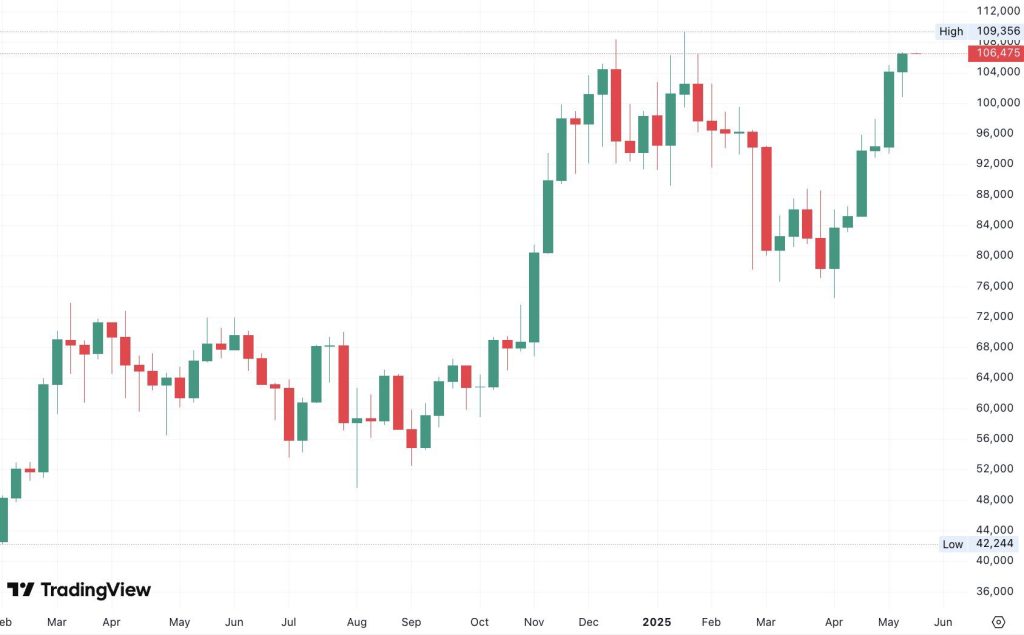Receive free Capital markets updates
We’ll send you a myFT Daily Digest email rounding up the latest Capital markets news every morning.
European stocks rose on Monday as investors welcomed data over the weekend that showed deflationary pressures eased in China, stoking hopes that the world’s second-largest economy was stabilising.
Europe’s region-wide Stoxx 600 rose 0.5 per cent, lifted by gains in the basic materials sector, which tends to reflect expectations of demand from China. France’s Cac 40 and Germany’s Dax both advanced 0.5 per cent.
China’s benchmark CSI 300 index added 0.7 per cent after inflation data showed consumer prices rose 0.1 per cent in August, following a decline in July.
But Hong Kong’s Hang Seng index slid 0.6 per cent, dragged lower by steep declines in property stocks as new home sales in China’s biggest cities shrank by half in the first week of this month.
The Hang Seng Properties index, a gauge of Hong Kong’s top developers, fell 3.3 per cent, while the mainland properties index was down 1.8 per cent.
The downturn in China’s property sector, which normally accounts for more than a quarter of the country’s economic activity, prompted authorities to relax requirements for mortgage downpayments this month.
The most recent stimulus measures followed a string of government policies designed to bolster the country’s property sector, stock market and consumer confidence, all of which struggled to recover after three years of severe pandemic restrictions.
China’s renminbi rose 0.7 per cent on Monday, rebounding from a 16-month low, after the central bank stepped in to support the flagging currency, setting a stronger-than-expected trading fix.
Meanwhile, the yen rose 0.9 per cent to trade at ¥146.51 against the dollar on Monday, after Bank of Japan governor Kazuo Ueda raised the possibility of ending its period of negative interest rates by the end of the year. Japan’s Topix index rose 0.1 per cent.
Investors in Europe prepared for a busy week of economic data releases and an interest rate decision from the European Central Bank on Thursday.
While the majority of market participants still bet the ECB will keep its policy unchanged in September, firmer energy prices as well as hawkish remarks from policymakers last week lifted the probability of a rate increase to 39 per cent.
Brent crude slipped 0.3 per cent to $90.38 a barrel, but remained near its highest levels this year, after Opec+ producers Russia and Saudi Arabia announced more supply cuts last week. US equivalent West Texas Intermediate fell 0.6 per cent to $87 a barrel.
TTF natural gas futures rose 9 per cent in Amsterdam as strikes continued at a liquefied natural gas production site in Australia.
“We have seen pretty large increases in WTI or Brent in August relative to August of the previous year, so we are going to see a bounce in inflation everywhere, attributable to that energy effect”, said Chris Jeffery, head of rates and inflation strategy at LGIM.
“But we think the [ECB] are capable of looking through the impact of energy prices this month,” he noted. “There are plenty of signs that the policy tightening so far is having traction, and is taking the pace of European growth down”.
Traders are also looking ahead to US consumer inflation data on Wednesday for clues on the outlook for interest rates. Contracts tracking Wall Street’s benchmark S&P 500 rose 0.4 per cent, while those tracking the tech-heavy Nasdaq Composite gained 0.6 per cent ahead of the New York open.
Credit: Source link











